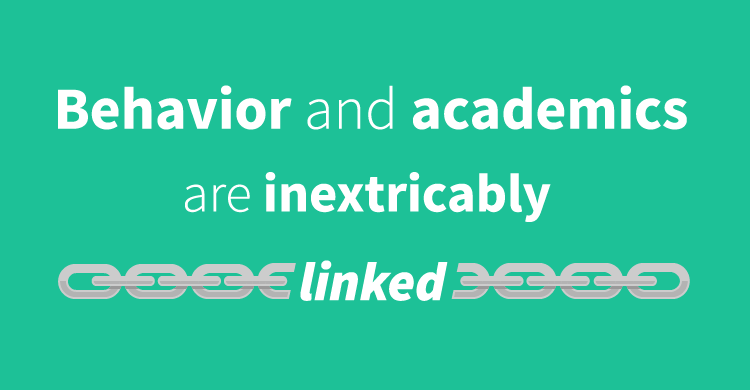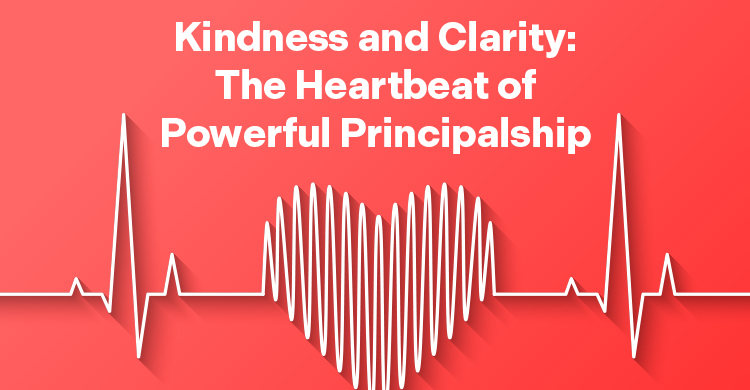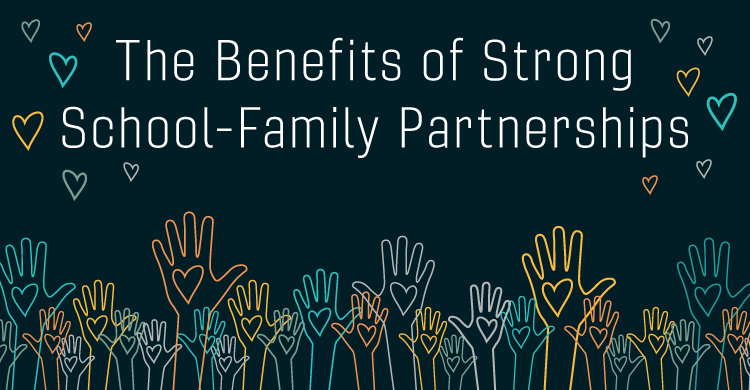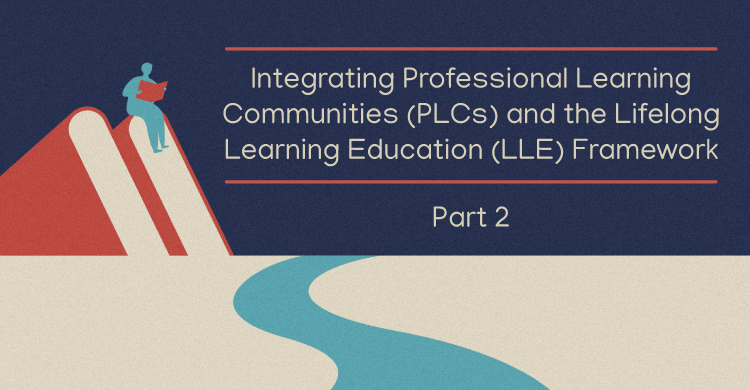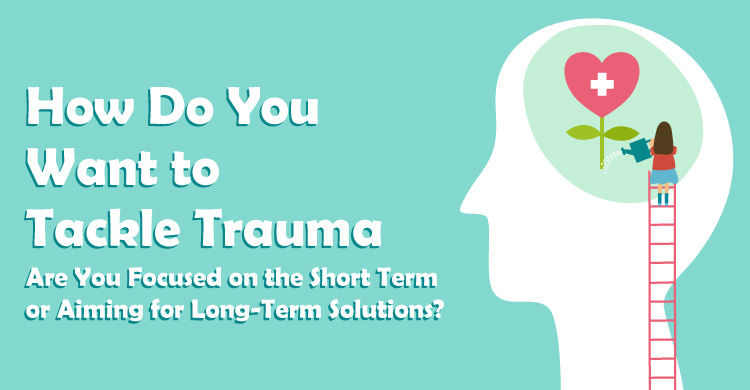When we decided to become teachers, for the most part, we understood our quest. We knew the journey to creating meaningful learning opportunities for students would involve the use of evidence-based instructional strategies, purposeful assessments, and a viable curriculum. While we knew that classroom management was a necessary prerequisite for teaching and learning, we didn’t fully appreciate the critical importance of Pro-Social and Pro-Functional behavioral skills and our critical role in guaranteeing their development. We implemented various social-skills programs – some focused on positive reinforcement, some on self-regulation, some good, some inconsequential. But when we completely committed to ALL students learning at high levels, whatever it takes, we recognized that deficits in behavioral skills were negatively impacting students’ abilities to learn academic skills, and that mastery of behavioral skills were as significant to success in school and in life as mastery of academic skills. Let’s further explore this concept by talking about Billy.
Our current reality
Billy is struggling in mathematics with division problems that focus on dividing three-digit numbers by two-digit numbers. The teacher notices this struggle and tells Billy that he has one more chance to demonstrate his ability to solve the problem. Billy is no further in his capacity to solve the problem after this additional chance and continues to struggle. The teacher tells Billy he has run out of chances and will now need to receive a punishment or negative consequence as a result of his difficulty dividing multi-digit numbers.
You undoubtedly note the absurdity of this situation. You’re thinking that Billy needs to be taught (or re-taught) strategies to solve this problem. You might recognize that Billy would benefit from Tier 2 support – more time and alternative strategies to master this essential mathematical skill. You might even predict that Billy’s difficulties with division stem from deficits in foundational mathematics skills – little sense of number or difficulties with basic computation – which will require Tier 3 supports. Yet if the same scenario was attached to a behavioral challenge, many of those same voices would be muted, and others would suggest the outcome described for Billy was reasonable. We too often, and inappropriately, view behavioral struggles differently than academic struggles, and it is this very dichotomy that we believe requires our full attention. Behavior and academics are inextricably linked and the teaching, learning, assessing, and differentiated support of behavioral skills and academics skills must be processed identically.
The tools exist to diagnose the specific needs of students with behavioral difficulties and, in turn, provide targeted intervention. We must learn and apply them. Research-based intervention strategies exist to meet the specific needs of students with behavioral difficulties. We must learn and apply them. Research-based progress monitoring processes exist to determine the extent to which student are responding to our behavioral supports. We must learn and apply them.
We must enthusiastically commit to Tier 1 behavior – defining behavioral priorities, explicitly teaching and modeling the behavioral skills we expect to see displayed, assessing students progress and mastery of these expectations, and differentiating approaches as needed – for all students.
Help me understand, where are these behaviors coming from?
We are not born with or without mastery of behavioral skills (exclusive of physical attributes and propensities). All behaviors exhibited are learned directly and indirectly from others and influenced environmentally. Pro-Social behaviors are not the only behavioral attributes that must be prioritized, taught, modeled, and reinforced. Pro-Functional behaviors (e.g., non-cognitive skills, self-regulation, executive functioning) are also a critically important part of a school’s curriculum. Behaviors should not be expected to be innate and already present when students arrive at school; staff must eagerly take responsibility for inculcating critical life skills beyond traditional academics. Rules shouldn’t be rigid, nor responses be punitive; negative consequences may be appropriate, but they are neither the first nor the most impactful response of a school to students’ behavioral needs.
What do we do?
Shouldn’t these behaviors be taught at home and not at school? Simply stated, education is more than academics. And this isn’t just a conversation about “soft skills.” Students may earn acceptance into universities and skilled careers through academic achievement, but college is completed and careers are sustained through the application of behaviors that are not explicitly taught in schools.
We must consistently and explicitly model and teach the behaviors we want to see and hear, and integrate this behavioral instruction into academics. We must gather evidence about the extent to which all students are meeting expectations to gain timely evidence regarding students who are not adequately served by Tier 1 supports. We must provide timely and specific feedback to students – those who are, and who are not, meeting expectations – so that students clearly understand the characteristics of successful people. Commitments to highly successfully behavioral attributes for all students do not stop at revised classroom management plans.
If not us, than who?
Who should teach the behaviors we want to see in school, if not us? That’s the job of “behaviorists” right? Or of parents? That’s absurd and impractical. We must commit to continually nurturing relationships and behavioral skills, and commit to continually learning and growing to accomplish these goals. We must accept that classroom management plans and social-skills programs alone will not result in higher levels of academic and behavioral learning for all students. For ALL students to deeply learn, we must be systematic (not programmatic) about our approach.
[author_bio id=”77″]
[This is a post by author Chris Weber and guest contributor Nathan Lang.]


